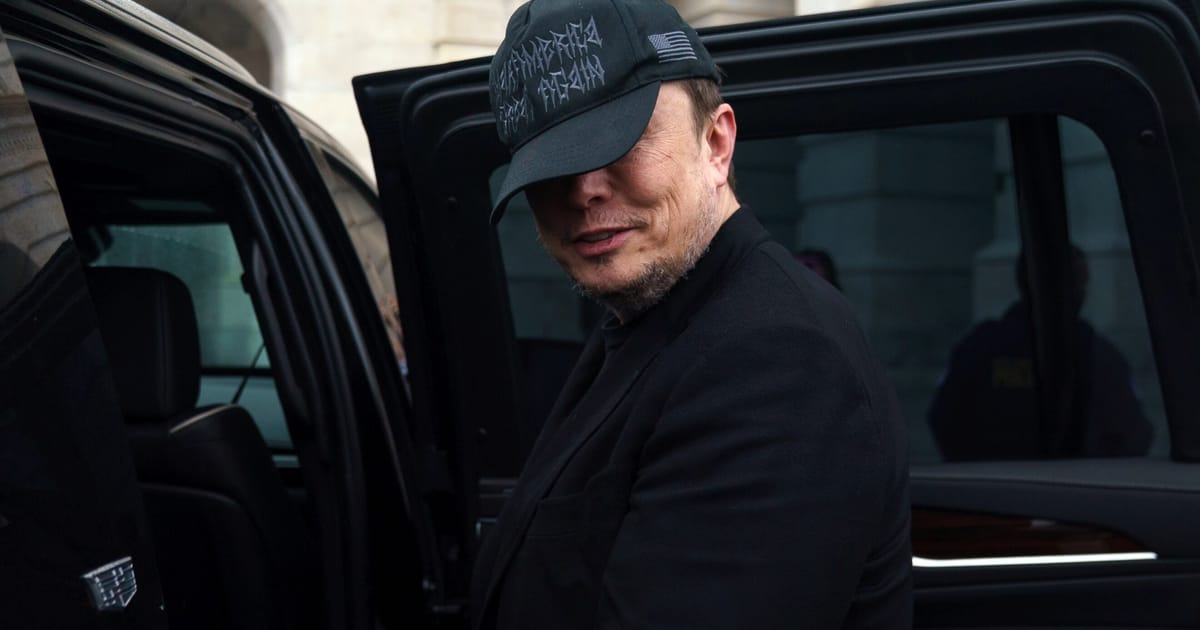

In a world rapidly evolving with technological advances and socio-political dynamics, recent global stories remind us of the intricate tapestry of challenges and opportunities that characterize our modern era. This collection of updates highlights ongoing developments in technology, governance, and international security, inviting reflection on our shared journey towards a more nuanced and interconnected future.
A significant legal development has emerged in France, as authorities have initiated a criminal investigation into X, a company spearheaded by Elon Musk, concerning allegations of algorithm manipulation. This investigation was prompted by complaints from a French lawmaker and an unnamed senior civil servant. While details remain under wraps, this move signals the growing scrutiny on how algorithms, which play a critical role in shaping online experiences and perceptions, are governed and employed in corporate settings. The outcome of this inquiry will likely contribute to broader discussions on ethical technology use and regulatory frameworks.
In Colombia, a novel challenge has emerged in the ongoing battle against drug trafficking. The nation’s navy has announced the seizure of an uncrewed submarine, a first in the country’s waters, capable of transporting over 1.5 tons of cocaine. Interestingly, this vessel operated autonomously and was devoid of any crew or cargo at the time of capture. This discovery highlights the innovative and increasingly sophisticated methods employed by organized crime networks. It also underscores the need for adaptive and strategic responses to counter these evolving threats. The absence of traffickers onboard points to a future where technologies such as autonomous vehicles are leveraged outside of conventional and lawful applications.
In reflecting on the ubiquitous presence of artificial intelligence, a thought-provoking exposition emphasizes that the true challenge lies not in AI tools like ChatGPT, but rather in resisting the necessary evolution of educational paradigms. The argument posits that by focusing on assessing the learning process over mere outcomes, educational systems can adequately adapt to and flourish in this new age characterized by intelligent technologies. Encouraging discernment and embracing technological advancements as complementary tools in the learning journey is crucial for nurturing future-ready generations.
Meanwhile, an exploration into the invisible yet powerful influence of algorithms on modern discourse reveals that the anonymity of code can shield misinformation from accountability. As the digital landscape continues to be shaped by algorithms, understanding and addressing the potential for manipulation becomes increasingly important. This narrative is not only about technology but also about fostering a digital culture that prioritizes transparency and ethical responsibility.
Shifting focus to Europe, attention is drawn to the delicate dance of leadership within the European Union. The presidency of the Council of the EU, distinct from the European Commission and the European Council, plays a pivotal role in setting priorities and charting new paths. This observation encourages thoughtful consideration of the varied voices and influences contributing to shaping the continent’s future. While citizens engage robustly through democratic processes, it is the quiet strategizing and priority-setting behind the scenes that often guide the unfolding narrative.
These stories collectively paint a picture of a world in transition—one where technology, governance, and international issues intersect in complex ways. By staying informed and reflective, we can navigate these currents with clarity and purpose, contributing positively to the unfolding chapters of our global story.
Source: {link}
